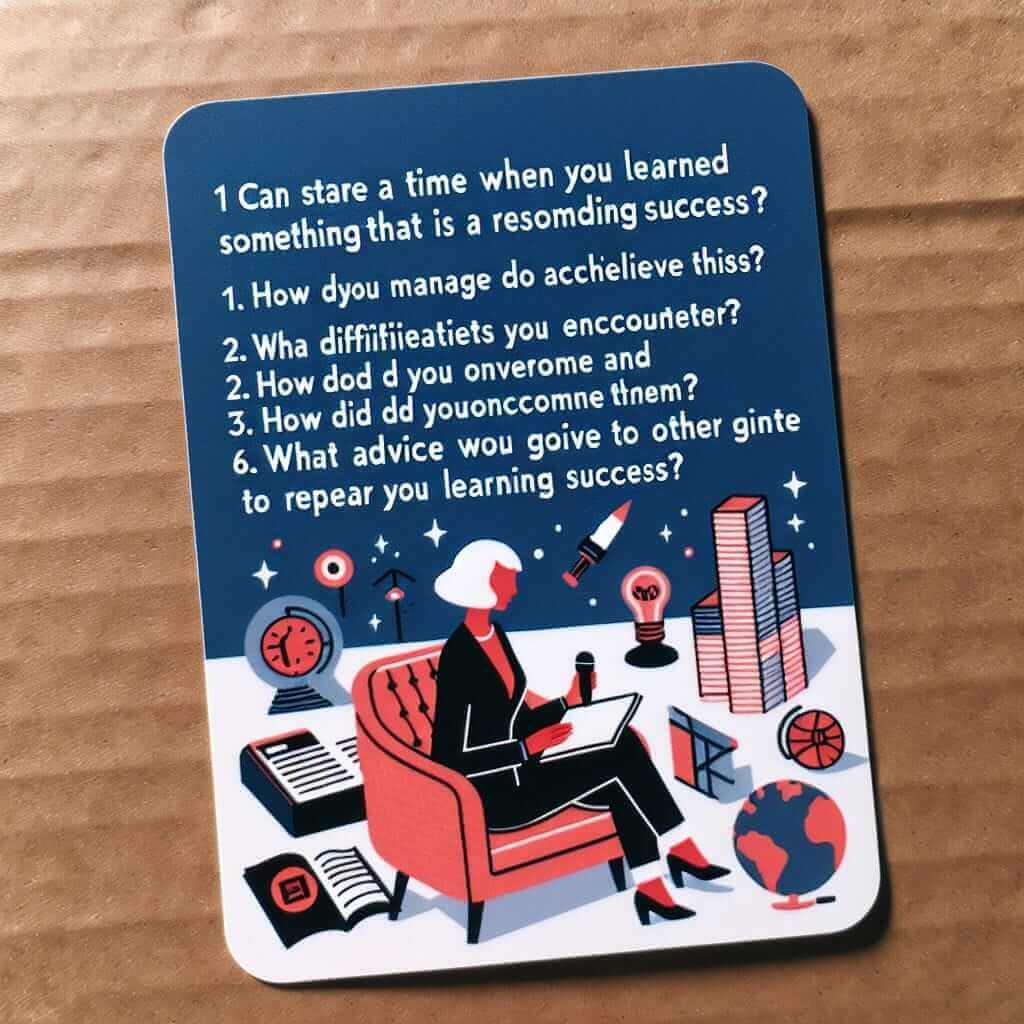Achieving a band score of 7.0 on the IELTS exam is a common goal for many English language learners. It signifies a “good user” of the language, capable of handling complex situations with relative ease. But the question that often arises is: how long does it take to reach that coveted 7.0 mark?
As an IELTS instructor with over 20 years of experience, I’ve guided countless students to their desired scores. And the truth is, there’s no one-size-fits-all answer. The time it takes to prepare for IELTS and achieve a 7.0 band score depends on various factors unique to each individual.
Factors Influencing Your IELTS Preparation Time
Let’s delve into the key elements that play a role in determining your IELTS preparation journey:
1. Your Current English Proficiency Level
This is perhaps the most crucial factor. Are you starting as a beginner, intermediate learner, or already possess an upper-intermediate level? Naturally, those with a stronger foundation in English will require less time compared to someone starting from scratch.
For instance, a learner with a B1 level (Intermediate) might take approximately 6-9 months, while someone at a B2 level (Upper-Intermediate) might aim for 3-6 months with focused preparation.
2. Learning Style and Study Habits
We all learn differently. Some thrive in structured classroom settings, while others excel with self-study methods. Are you someone who can dedicate consistent hours each day, or do you have a more sporadic study schedule?
Finding a learning approach that aligns with your preferences and establishing effective study habits will significantly impact your progress.
3. Realistic Goals and Expectations
Setting realistic goals is key. Aiming for a 7.0 band score within a month with minimal effort is unlikely to be fruitful. It’s crucial to be honest with yourself about your strengths and weaknesses and create a study plan that allows for gradual improvement.
4. The Intensity of Your Preparation
The amount of time you can dedicate each day or week to IELTS preparation will directly influence the overall duration. Consistently engaging with the language through practice tests, vocabulary building, and refining your speaking and writing skills is essential.
Effective Strategies to Maximize Your IELTS Preparation
Now that you understand the factors involved, let’s explore proven strategies to optimize your IELTS study plan:
1. Identify Your Strengths and Weaknesses
Take a diagnostic IELTS practice test to gauge your current level and pinpoint areas that require more attention. This allows you to tailor your study plan accordingly.
2. Immerse Yourself in the English Language
Surround yourself with English as much as possible. Read English books, watch movies and TV shows, listen to podcasts, and engage in conversations with native speakers or fellow learners.
3. Master IELTS Test Strategies
Understanding the test format, question types, and time constraints is crucial. Familiarize yourself with the marking criteria and learn specific strategies to tackle each section effectively.
4. Practice, Practice, Practice
Regularly engage in practice tests under timed conditions to simulate the exam environment. This will help you build stamina, refine your time management skills, and identify areas where you can improve.
5. Seek Expert Guidance
Consider enrolling in an IELTS preparation course or working with a qualified tutor. They can provide personalized feedback, clarify doubts, and offer valuable insights to enhance your performance.

Example IELTS Speaking Cue Card (Band 7.0 Target)
Describe a time you were successful in learning something new.
You should say:
- What you learned
- How you learned it
- How long it took you
- And explain why you felt successful.
Sample Answer (Extract):
“…I decided to take an online course in digital marketing. I’ve always been interested in this field, and I knew it would be beneficial for my career. The course was quite comprehensive, covering topics like SEO, social media marketing, and content creation. It took me about three months to complete, and I dedicated a few hours each week to studying and completing assignments…”
Conclusion
Remember, the journey to achieving a 7.0 band score on the IELTS exam is unique for everyone. While there’s no magic formula for determining the exact time frame, understanding the influencing factors, adopting effective study strategies, and maintaining consistent effort will undoubtedly pave the way for your success. Stay focused, embrace the learning process, and celebrate your progress along the way!